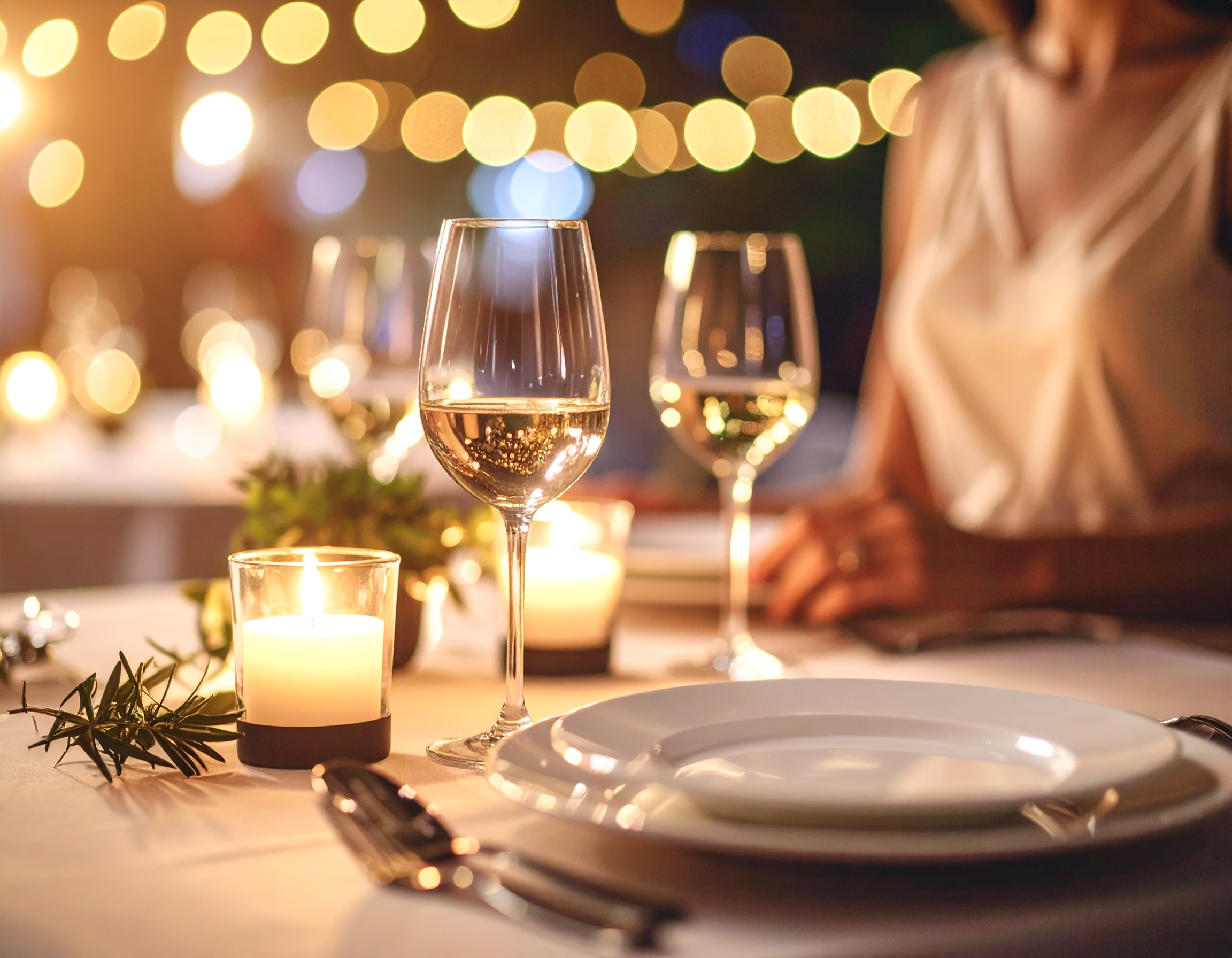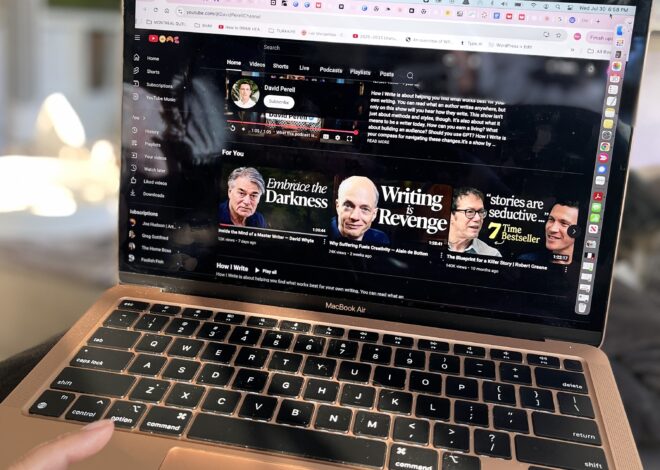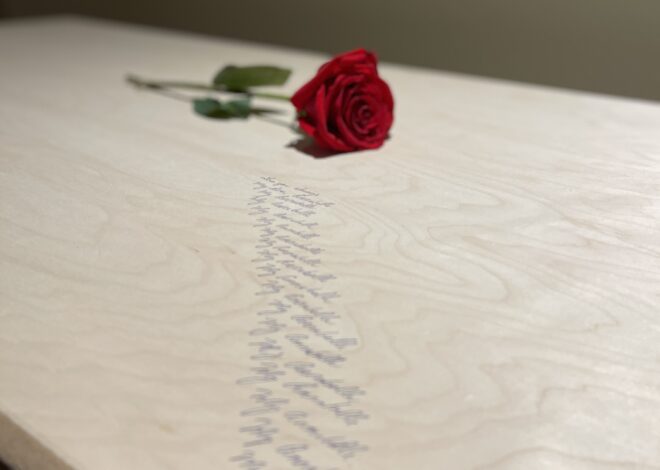
Waiting On Friendship: The Difference Between Love and Self-Abandonment
What if the people we love most are unknowingly teaching us that we’re not worth showing up for?
It was my friend’s birthday. I invited her out to dinner, a small gesture of care, a desire to celebrate her. I chose the place, made the reservation, and arrived on time, as I tend to do.
The restaurant buzzed with evening energy. Couples leaned across candlelit tables. Servers moved gracefully between conversations. I checked my phone: “On my way!”
Fifteen minutes passed. The bread basket arrived. I declined the wine menu. Another message: “Stuck in traffic.” I replied, “No problem. See you when you see you.”
Fifteen more minutes. The server’s third check-in. Then: “Almost there.”
By the time she arrived, forty-five minutes had passed.
I waited. I greeted her with a smile. I told her it was fine. I paid for dinner, and even suggested we go for a drink after to extend the celebration. I gave more of my time, my presence, my generosity. I wanted her to feel seen. To feel special. To feel loved.
But later, as I sat alone with myself, a quiet sadness began to surface. Not because of the lateness itself, not even because I had paid. Something in me had gone missing in the process.
The more pressing question was not, Why was she late?
But, Why did I stay?
The Real Questions We Never Ask
Why did I make it easy for her to disregard the moment?
Why did I swallow the sting of being kept waiting and turn it into softness?
What part of me has grown so familiar with making room for others that I no longer notice when it costs me something real?
These are not casual questions. They are old ones. Ancient, even. They speak to childhood.
“When we consistently abandon ourselves to keep others comfortable, we teach our nervous system that we are not worth protecting.”
The Origins of Waiting: Where We First Learn to Disappear
Somewhere in my early life, I learned that love was something to be earned. That to stay connected, I had to be:
- Easy
- Forgiving
- Accommodating
- Always available
I learned to wait. Not just in restaurants. In relationships. In life.
I waited for attention, for recognition, for presence. I waited for others to value me the way I was taught to value them.
When they didn’t, I didn’t protest. I made excuses on their behalf. Because the alternative – the pain of not being chosen – felt too much to bear.
When was the last time you felt truly seen by someone you were trying so hard to accommodate?
The Hidden Cost of Endless Patience
There is a cost to this pattern of waiting.
It is not just measured in time. It is measured in self-abandonment.
The soul learns to keep the peace by forfeiting its voice. The nervous system numbs itself against the sting of repeated dismissal. The psyche begins to split: the part that yearns to be met, and the part that convinces itself that yearning is a burden.
So we perform love instead of receiving it. We:
- Overfunction in relationships
- Hold space for others’ chaos
- Stay when we should leave
- Smile when we should speak
Not because we do not deserve more, but because we stopped expecting it long ago.
Understanding the Other Side: Why People Show Up Late to Love
This is not to blame the friend. She, too, is shaped by her own history.
Perhaps celebration feels unsafe for her. Perhaps her sense of self says, “I’m not worth showing up for,” and so she unconsciously mirrors that belief outward. Perhaps she does not know how to meet someone fully because no one ever met her fully.
But here’s what I’ve learned: Understanding someone’s patterns doesn’t mean we have to absorb their impact.
Trauma is not just what happens to us. It is what happens inside of us when our needs are not met, when we are not seen, not received, not considered. On that night, I felt the familiar echo of something I had felt before: being present for someone who wasn’t fully present for me.
“Compassion without boundaries is not love. It’s self-abandonment dressed up as virtue.”
The Moment of Reckoning: When Anger Becomes Clarity
I have come to understand that anger is not the enemy. Anger is the guardian of our boundaries. But when we suppress it—when we swallow it to keep the connection intact – we sever something essential in ourselves.
We become agreeable. Compassionate. Patient.
All beautiful qualities. Until they become strategies for survival.
So I didn’t bring it up that night. I didn’t name the hurt. But I noticed. In the noticing, something shifted.
Not an argument. Not a confrontation. Just a quiet clarity.
Three Signs You’re Abandoning Yourself for Others
1. You regularly make excuses for other people’s behaviour “They’re just stressed.” “They didn’t mean it.” “They’re going through a hard time.”
2. You feel guilty for having needs or expectations Wanting someone to show up on time feels “demanding.” Expecting consideration feels “high maintenance.”
3. You give more energy to managing others’ emotions than honoring your own You’re so busy making sure everyone else is comfortable that you forget to check in with yourself.
The Declaration: What I No Longer Want
I no longer want to be in relationships where my presence is optional.
I no longer want to confuse tolerance with love.
I no longer want to abandon myself in the name of staying connected.
Letting go is not about bitterness. It is about coming back to the self. It is about saying:
My time is sacred. My presence is not casual. If I keep waiting for people who do not show up, I keep teaching myself that I am not worth showing up for.
And I am. So are you.
How to Honour Your Own Presence
Start small:
- Notice when you’re making excuses for others
- Ask yourself: “What would I tell a friend in this situation?”
- Practice saying “That doesn’t work for me” without elaborate explanations
Get curious:
- What relationships drain you consistently?
- Where do you overfunction out of fear?
- When do you feel most like yourself?
Set gentle boundaries:
- “I’ll wait 15 minutes, then I’ll need to reschedule”
- “I care about you, and I also need to care about myself”
- “Let’s figure out a way that works for both of us”
The Most Important Conversation
The restaurant table may have been set for two, but the most important conversation that night was the one I finally had with myself.
Sometimes the greatest act of love is learning when to stop waiting and start honouring the person who has been there all along: you.
What relationship in your life needs a boundary today?
Your presence is not casual. Your time is not optional. You are worth showing up for – especially for yourself.
This reflection represents personal insights and is intended for contemplative purposes. For professional guidance regarding relationship challenges, please consult a qualified therapist or counsellor.



